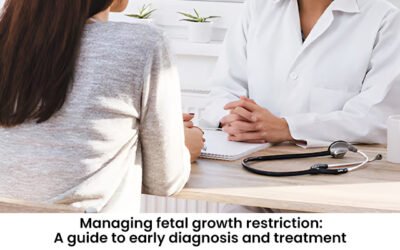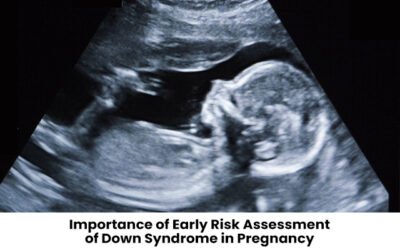Expecting Twins (or More)? How Fetal Medicine Helps You Navigate the Chaos Safely
Finding out you’re expecting twins or more can feel both magical and nerve-wracking. There’s excitement, joy, and a fair bit of anxiety. Managing two (or more) babies at once is never easy — and neither is carrying them safely. That’s where expert care steps in. With...
When the Heart Weakens: Treating Fetal Arrhythmias Through the Mother
The Silent Struggle of Fetal Heartbeats When you first hear your baby’s heartbeat, it's one of the most cherished moments of pregnancy. But what happens if that heartbeat sounds irregular? Fetal arrhythmias, or abnormal heart rhythms, may be the cause. These...
Understanding the Role of Chorionic Villus Sampling (CVS) in Detecting Genetic Disorders
Genetic disorders often remain hidden until after birth. But early prenatal testing provides crucial knowledge to expectant parents. One of the earliest and most reliable prenatal tests is Chorionic Villus Sampling (CVS). It is performed between the 10th and 13th week...
How Early Ultrasounds Help in Detecting Fetal Abnormalities
What if a simple scan could change how you experience your entire pregnancy? It’s not just about seeing your baby- it’s about spotting what you can’t feel, and catching concerns before they become complications. Early ultrasounds are one of the most powerful tools in...
Managing fetal growth restriction: A guide to early diagnosis and treatment
When it comes to pregnancy, the well-being of both the mother and baby is the top priority. One condition that requires special attention is Fetal Growth Restriction (FGR). It occurs when the baby does not grow at the expected rate during pregnancy. But don't worry,...
Importance of Early Risk Assessment of Down Syndrome in Pregnancy
Every expecting parent dreams of a healthy baby. While most pregnancies progress smoothly, some may come with increased risks, one of the most common being Down Syndrome, a genetic condition caused by an extra copy of chromosome 21. Early detection and risk assessment...






